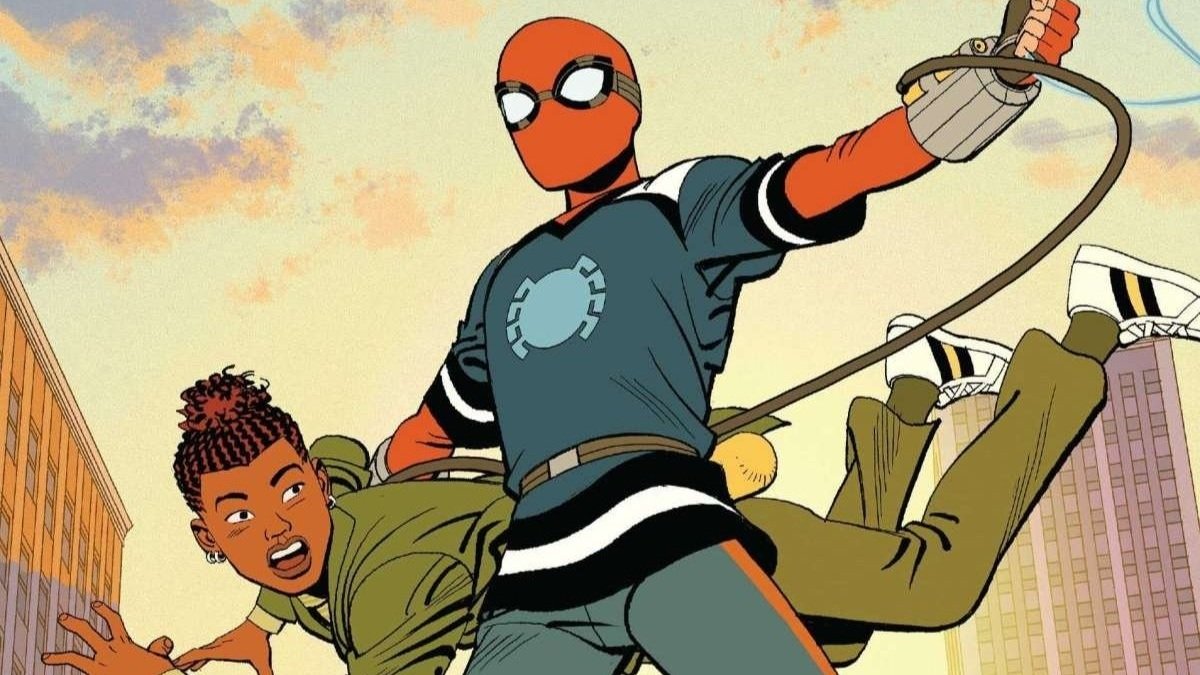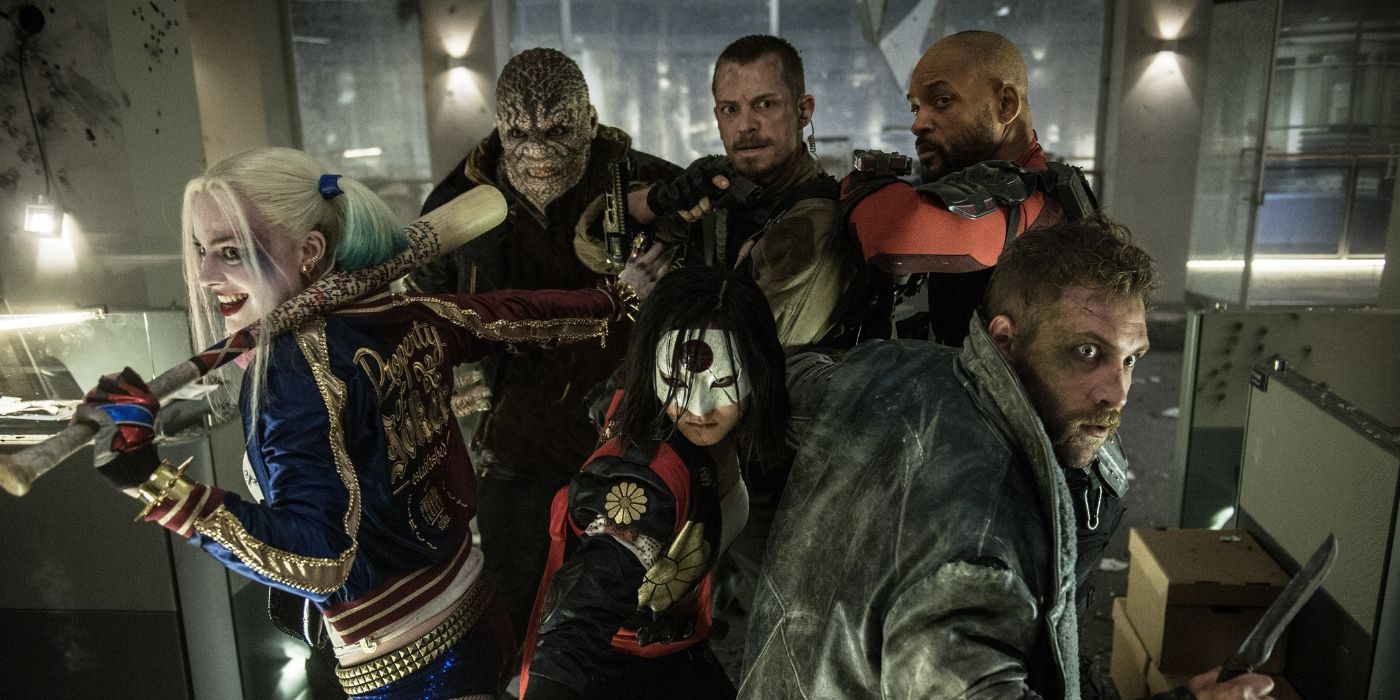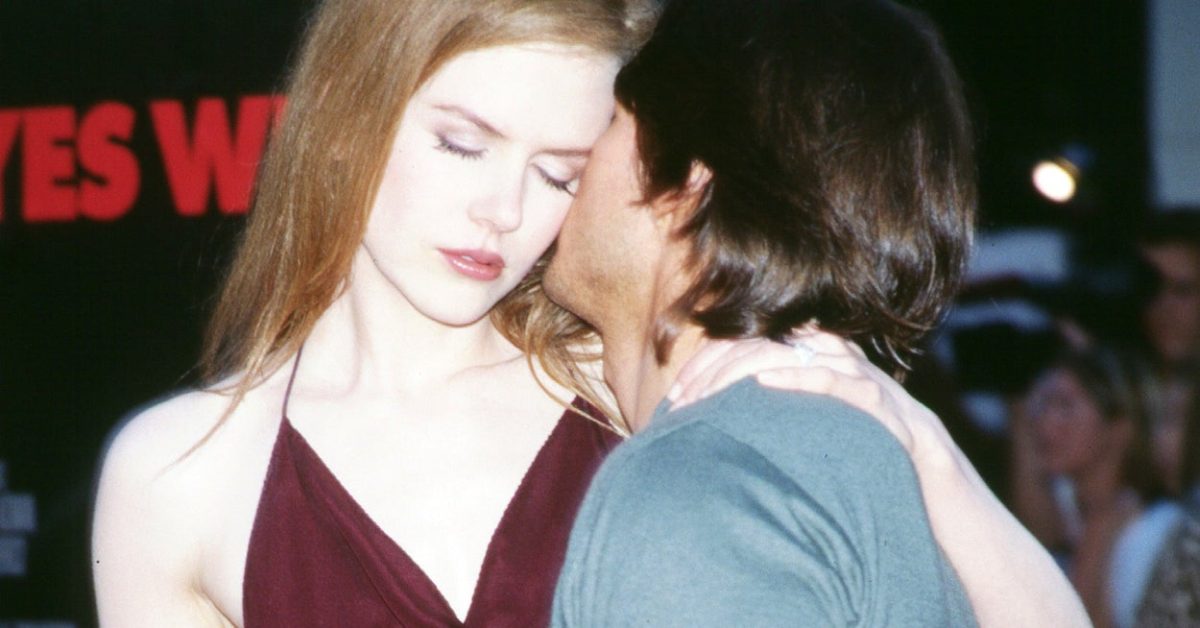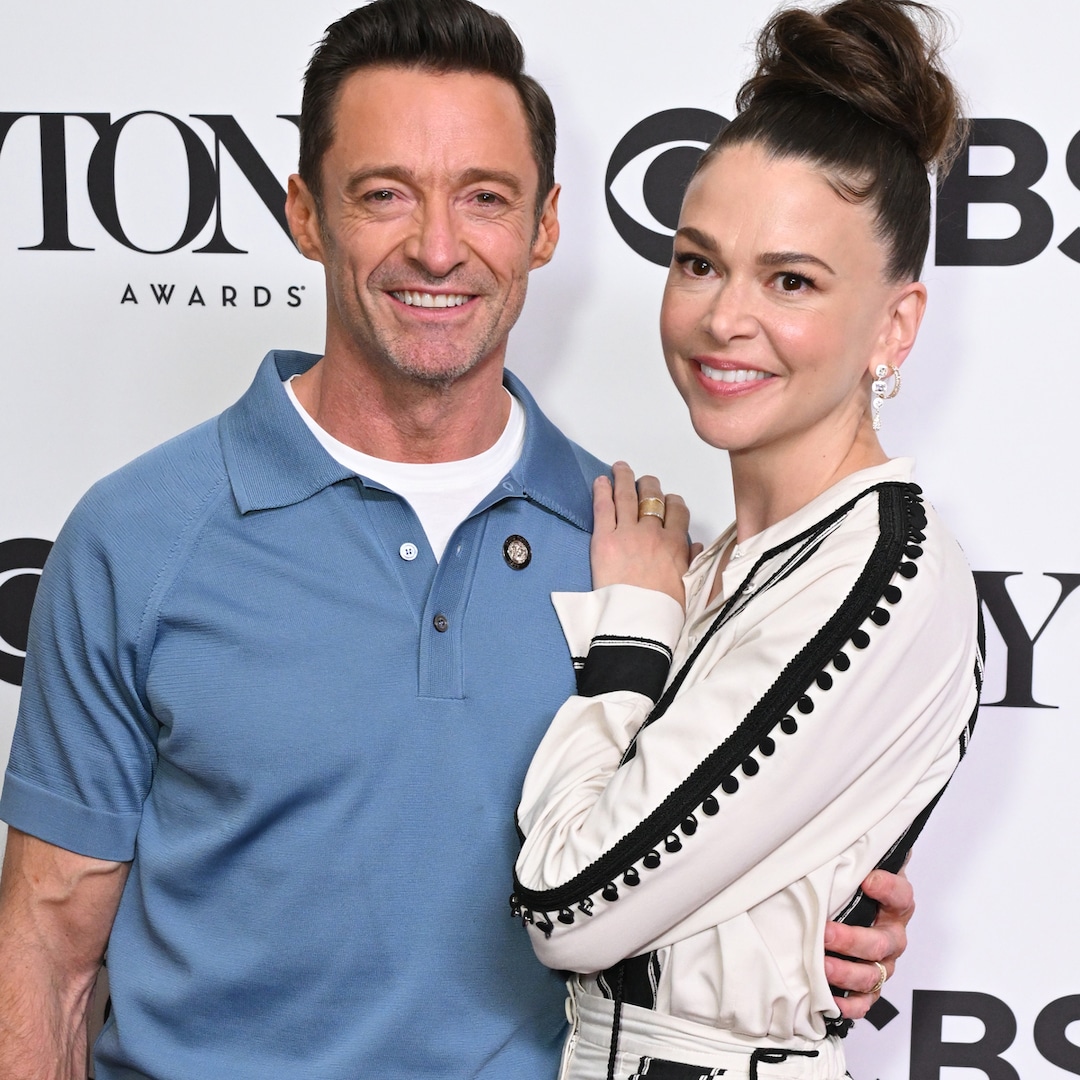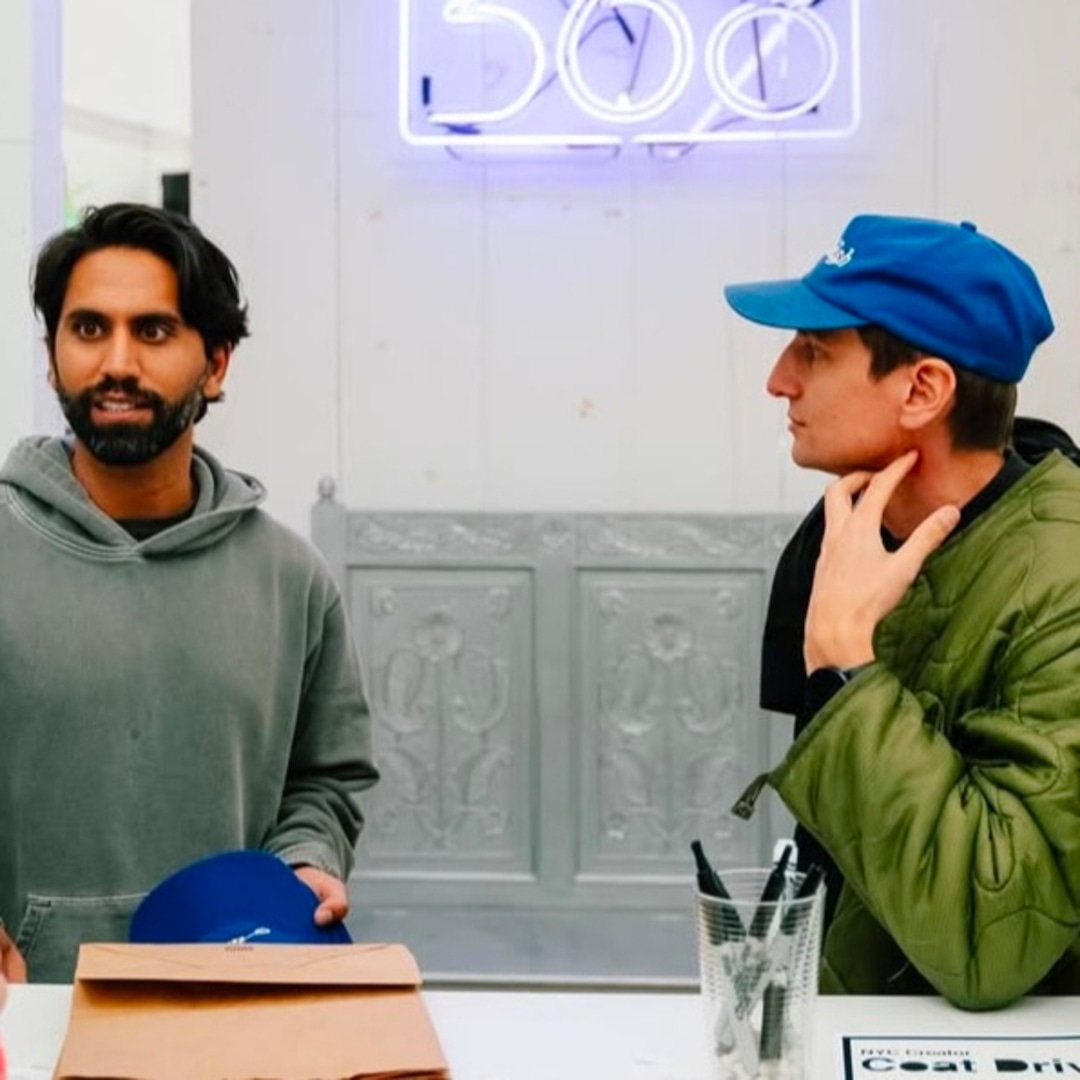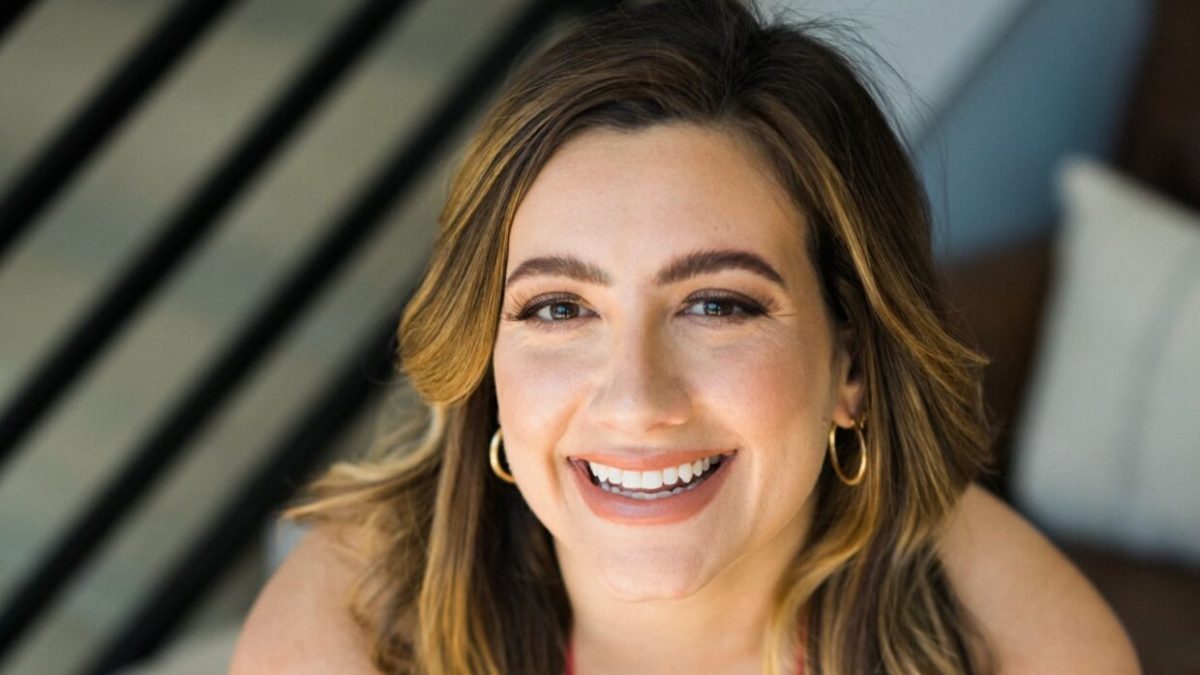
TikTok, Building a Slate, and the Life of an Independent Producer: It Ends With Us Producer Alex Saks
Aug 9, 2024
Alex Saks (photo: Alyssa Armstrong)
If you’re a TikTok-using film producer, then the feed of Alex Saks has undoubtedly been delivered straight to your phone by that platform’s ruthless and unerring algorithm. Over the past year-and-a-half, and across nearly 200 clips, Saks, a former ICM financing agent and more recently a producer of such films as The Florida Project, Thoroughbreds, and Sometimes I Think About Dying, has been dispensing on the platform pithy, direct pieces of advice on topics such as securing book rights, defining the role of the line producer, imposter syndrome and the state of the industry. There’s the occasional stitch or commentary over a trade article or poster, but most of Saks’s TikToks are just her, direct-to-camera from her car, home, or, occasionally, office. In fact, it was from the production office of her latest picture — out today from Sony Pictures, Justin Baldoni’s It Ends With Us, starring Blake Lively and based on Colleen Hoover’s best-selling book — that she posted her first video, which featured her and two dogs in a spirited moment of canine playtime. Fortunately for aspiring young film workers, she quickly pivoted away from such evergreen pet content to develop the straight-talking pedagogical voice that makes her feed a must-subscribe. I chatted with Saks recently to learn about why she started the channel but, more importantly, her producing practice, the state of the industry and the challenges of producing a film based on such popular source material as It Ends With Us.
Filmmaker: I’ve actually come across your TikTok and watched a bunch of them —
Saks: Oh! People bring them up, and despite the fact that I do them very coherently and with full awareness, I sort of forget that then my head is on the internet. You know, I came to [TikTok] late. I’m not someone who’s been talking on social media for years and years. I’m glad when people say they like them, but I get freaked out momentarily. And then, I just kind of have to put that [uncomfortableness] away to go back to doing them.
Filmmaker: The independent film space has always had a certain amount of tutorial grift — people proselytizing about how to make a film without acknowledging how difficult the market is. Sometimes I get a creepy feeling watching or reading these, but I never get that with yours. They don’t come off as self-promotional.
Saks: Thank you. I opened TikTok when we were shooting No Hard Feelings, and I had COVID. I wasn’t that sick, and I was bored and couldn’t leave the apartment. It was a little before the strike started that I started posting, but it was really last summer, during the strikes [when it took off]. I went to a meeting at [Management] 360 and one of the managers asked me, “Hey, is it okay that [an assistant join the meeting]? She watches your videos.” Assistants never ask to join meetings, so we said yes. I left the meeting and all these assistants then came up to me. It was such a scary time, during the strikes, and it felt good to be giving back, helping to make people feel better and to give them advice. So I kept making them because people liked them, and then, you know, that makes me feel good too.
Before I got into the business, there was no real information out in the world about the inner workings of the industry side of the business. You can watch interviews with filmmakers on YouTube and get a feel for production or how to make things. But the industry? I remember when I got into the business, I didn’t really know what a development executive was. I didn’t know the language. I went to school in North Carolina — Wake Forest. I didn’t have an entertainment internship until after I graduated from college because I had to work in the summers. [After graduation] I was an unpaid intern at the Mark Gordon Company. I applied cold off the UTA job list. That was my first job in Hollywood, and I didn’t get paid. But that turned into my first job as Mark’s assistant.
Filmmaker: And to jump forward to today, how do you describe your producing practice?
Saks: As one of great perseverance and a large sense of humor. When I get discouraged, which is a lot these days, I go back to both the films that I’ve made and the films I want to make as as the only driving force, really. I’ve gotten to make some some movies that have turned out pretty well. I’m really proud of that, and so I try to harness that feeling and then go work with a filmmaker I’ve already worked with, or who wants to be supported, and see what we can do together.
Filmmaker: How big is your development slate?
Saks: It’s not that big — anywhere from seven to 15 projects at any given time, which sounds big, but, you know, most big producers have maybe 40 to 80 projects. For me, almost all of the movies I’ve endeavored to make I have gotten made, which is a very rare batting average. I think it’s because when I take something on, I really make it that there are no options other than getting it made. If I don’t get the movies made, then I don’t eat.
Filmmaker: How much active development do you, and how do you fund your development?
Saks: Most of my development depends on the needs of the writer, but I develop a lot with writers on spec, and that keeps it easy. But I also understand that not everyone can afford to spec a screenplay. And then I also do a decent amount of pitching to studios or financiers.
Filmmaker: What are some of the structural impediments for independent producers right now? What kind of calculus goes on when it comes to thinking about the current landscape and how a project can fit into that?
Saks: It’s definitely changed. I am developing less “typical independent movies,” and when I say that, I don’t necessarily mean independently-financed [movies]. I mean [movies that are] less commercial in nature. To take on a small drama right now would require being so in love with it that I can’t stop thinking about it. That’s a pretty high bar creatively, but it happens, for sure. It just happens less, mostly because I can’t afford to have a slate of only those movies as maybe I once did. So, for me it’s looking at material that is just objectively more commercial — whether the idea is bigger, or it’s a genre that’s inherently more commercial, or it’s partnering with a filmmaker who works more commercially, or a [name] actor or actress who works more commercially [can be attached]. The packaging side of it has always fed into everything I do.
Up until a couple of years ago, I was way more… I don’t want to say careless, but when I read a script that scared me, that had scary prospects of getting made, I likely jumped in. And now I have to stop and think about it. And if I can’t stop thinking about it, to my own chagrin, I probably take it on. And, you know, that film probably feeds my soul in a way that some other movies don’t. But I don’t take on so much that I can’t give every filmmaker and writer and project the time they deserve and need.
Filmmaker: You’ve made a lot of films with purely independent financing, and now you’re making studio films. Tell me about the balance of having both those sorts of projects on your slate. Do you start off thinking that you can get a studio to do a film and then drop down to independent financing? Or do you still take on films knowing that they can only be made if you find an outside financier?
Saks: It’s both. If I read The Florida Project today, I would know that it wasn’t going to be a studio movie. But I was a finance agent, and the financing back end of movies is really interesting and fun. Sometimes, when you have a commercial idea, and if you have a filmmaker who is willing, it can be fun to structure [the financing] independently and then partner with a studio because the upside can be a lot greater. If the material is as exceptional as you as you think, a lot of studios would want to buy into it, and then you get to retain the control. I still like to do that, but I also think there are a lot of filmmakers who aren’t interested in that. But I will say that because the material that I’m gravitating towards is inherently more commercial in nature, I’m talking more day-to-day with studios than I am with independent financiers at the moment. That could change in a couple of years, and I think that’ll be kind of like the song-and-dance of my entire career. There will be times, I hope, when the independent business is thriving and times when it isn’t. But if I know something is going to have to be expensive and that major studios [won’t] buy it, then I’m probably not going to take it on because it’s just too impossible. If it’s an R-rated niche drama, then that’s going to push me to say no because I’ll have no idea how I could possibly get it made.
Filmmaker: When you take on a film, do you have a pretty clear sense of the budget it needs to have in order to succeed?
Saks: I do.
Filmmaker: Do you have films that start at $10 million and then maybe you might have to make them for $2 million?
Saks: Yeah, I do. I will say that there are some movies I take on knowing we would never be able to make them [for a lower budget]. During the first half of my short up until this point producing career, I intentionally would not take on bigger films because I was so passionate about getting all the movies made. If I couldn’t reverse engineer a worst-case scenario, I didn’t want to fail for the filmmakers, honestly. The first one [outside that range] I took on was Tony Tost’s film Americana, which premiered at SXSW [in 2022]. It’s a neo-western crime thriller and the first script I read where I thought, “This is going to be so hard. I can’t make this for under $5 million, so if I fail, then it’s going to be really sad.” Luckily, we got it made.
Filmmaker: When you start a project, do you do a more generous budget as well as a bare-bones one? Do you start with one budget or multiple ones so you can work your way down?
Saks: When something can be a bigger budget, I’ll have [the budget] done after I’ve attached talent. Once we’re close to having the full package together, I will usually do the one-line myself, or my executive will do it. And then with an accountant or line producer we will build a moderate budget that we can scale up. We’ve done so many low-budget films, from $1 million [up to] $5 million, and those movies kind of look the same. You have a bare bones crew, and then there are additions, like one stunt sequence, or a special effects sequence, so you add those pieces. So I don’t have two budgets done at the same time, but I can quickly pivot to one of my lower budget templates. And that’s really helpful, especially with how stuff is coming together — or not coming together — these days on the indie side. I’ll be on the phone one morning with someone who wants to make the movie for $3 million, but that’s a shaky person and I don’t know if it’ll work out. And then the next day I’m on the phone with someone who wants to do it for $1.5. So I need three different budgets and three different schedules. I understand why it becomes impossible for people to pull this stuff off because you have to be trying to make all these different versions work for different people in the hope that one of them says yes while keeping up momentum in real time.
Filmmaker: As a former finance agent, what are some of the broad trends in the market you’re seeing now?
Saks: Since I’ve been in the business for 15 years, I think this is objectively the worst I’ve ever seen it. More and more films that are even selling are selling for $0 advances. I think dramas are near impossible, even when you have big talent attached, and I’m talking not even a first time filmmaker but a second or third time Sundance filmmaker. It is hard in a way that I have never seen it before. Now I firmly believe there is always new money being infused into the independent space. So I think getting these movies made is possible — it’s just how many years are you willing to put in, and are you able to get a team around the filmmaker to make the film well?
But I’m optimistic by nature. I don’t think we will going back to the robustness of maybe 10 years ago, but I’m hoping that we won’t be in this really kind of dark time as we are in with so little robust independent distribution. That’s my hope — that we stabilize in a year or two. I mean, people have to keep going back to the movies, I think it’s a combination of that and the conversations about mergers and whether companies sell or don’t sell settling down. I think we’re getting close to that now.
Filmmaker: Even though we’re on the other side now of “peak TV,” which has had the effect of impacting actor availability for independent films, attaching cast is still a challenge for many independents. Tell me about how you handle the need for cast attachments.
Saks: I think that no one — even huge studio producers and big directors — will escape talent attachments falling off or coming back on. It’s just the nature of what we do. People fall in love with a project and then can fall out of love with it, or something else comes up. But to your point, because there’s less getting made, there are more people available. But what it also means is that there are less high-paying jobs, and people who might have been more open to reading an indie [script] and carving time [of their schedule] are having to be a little more cautious in doing so because they don’t want to miss a paycheck coming around the corner. But, transparently, I haven’t noticed a massive change. I think that great material is always going to get reads and interest no matter what the budget is, and some of my smallest projects have been the easiest to cast when I was paying actors scale.
Filmmaker: Let’s talk about your new film, It Ends with Us, based on Colleen Hoover’s novel. What were some of the development challenges and creative questions faced when adapting a book with such a large fan base?
Saks: Justin [Baldoni] and I met on a general in April, 2019, and he sent me the book after that meeting, right around the time he was first securing [the rights]. I read it right away and really responded to it, but he actually didn’t bring on a producer for a couple of years. I came onto the project when he started having conversations with Sony. I was finishing No Hard Feelings at the time, and it was a great experience. I know the biggest challenge that Justin, [screenwriter] Christy Hall and and Colleen Hoover faced was honoring the original text of a book that had been so outrageously popular and had such a fan base of people who felt so deeply connected to the material. Doing right by the audience that loved the book was constantly being discussed, and there were even readings with fans of an early draft of the script. And that stretched into, honestly, all creative aspects of making the film. There was a conversation about what we as filmmakers think of the story that we’re telling but also what the fans are going to think of it. I’ve never been part of a project where [the fan’s voice] was so present the whole time. And it’s been confidence-inspiring and heartwarming to see them react so positively.
Filmmaker: A first-time director, or maybe someone just new to you, walks in your door. What are the positive things that person can do to build a relationship with you, and what are the red flags that would make you say, “I don’t want to be in a two- or three-year creative and business relationship with this person?”
Saks: I’m going to give you a two-part answer, which the second part of your question led me to, which is that sometimes I think saying “no” has less to do with [a filmmaker’s] talent and ability to make a great film than it does with, just like when you go on a date, not clicking with someone. The reality is, especially for a first-time filmmaker, the producer has got to be your partner for a couple of years, at least. So I’m going to have to want to wake up every morning and call this person. If the vibe isn’t, “I love this person,” it’s hard to say yes.
And the advice I would give — you do want to be yourself. You might want to get a certain producer, but if you’re not showing who you really are as a collaborator, it’s going to be tough. I find the more I do this that filmmaking is about alchemy. Not just alchemy between a producer and a director but between the actors and the crew and, really, everybody.
The other thing is to come in prepared. Have a very clear idea of how you want to make the movie and why you want to make the movie. Speak with authority and confidence but also be open to feedback. It’s about being very confident but having a healthy dose of humility and know that the producer is going to be someone whose only agenda, I hope, is to guide you and help make the best vision of the movie that you set out to make a reality. When they give you criticism or feedback, whether it’s in that first meeting or not, take it as you would want someone to take feedback you were giving, and know that there’s going to be a partnership and collaboration there. But, going back to the first part, know that sometimes it’s just not a right fit, and that’s okay too.
Publisher: Source link
Nicole Kidman’s Viral Getty Image Catalog
Nicole Kidman's Viral Getty Image Catalog Nicole Kidman has stepped back into the limelight to promote the new A24 erotic thriller Babygirl — and she’s looking as radiant as ever. The Academy Award-winning star has had an incredibly storied career,…
Jan 14, 2025
Hugh Jackman and Sutton Foster Have Steamy Makeout Session
The Music Man's final curtain call was in January 2023. But it wasn't the only thing to come to an end. In September of that year, Jackman and his wife of 27 years Deborra-Lee Furness announced their split."We have been blessed…
Jan 14, 2025
Mandy Moore Shares She’s Unsure If Her Home Survived
California Fires: Mandy Moore Shares She's Unsure If Her Home Survived On Tuesday, Mandy shared on her Instagram story that she, her children, and her pets left their home and were safe. "Evacuated and safe with kids, dog and cats.…
Jan 13, 2025
YouTubers Colin, Samir Lose Homes to L.A. Fire as Wives Are Pregnant
Angelina Jolie, Halle Berry, Jamie Lee Curtis & More Stars Are Giving Back Amid LA FiresYouTubers Colin Rosenblum and Samir Chaudry are opening up about their heartbreaking situations. The duo, otherwise known on the platform as Colin and Samir, recently…
Jan 13, 2025

